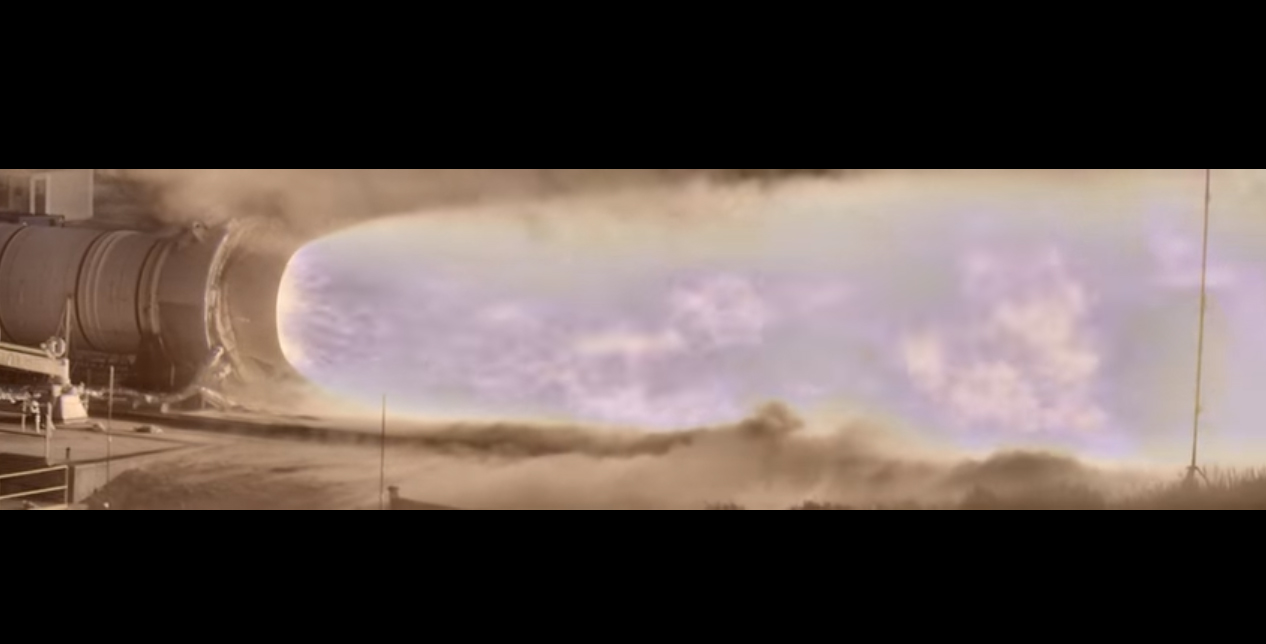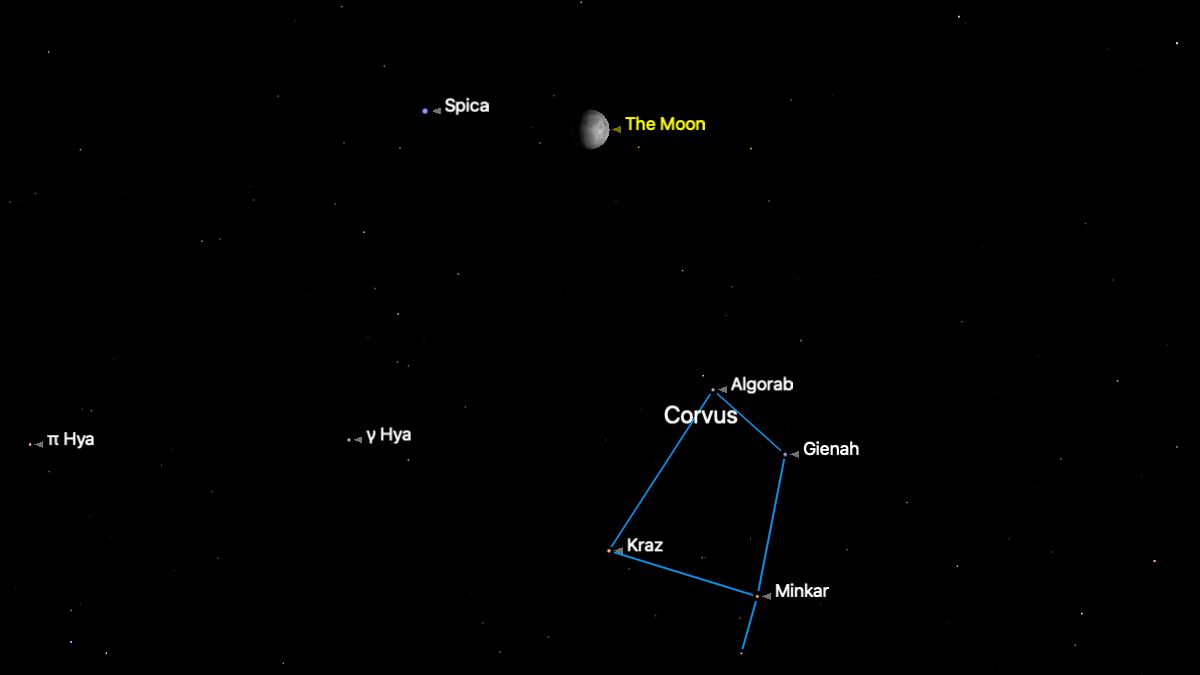Stunning NASA Video Shows Megarocket Booster Test in Extreme Slo-Mo

You've never seen a rocket test quite like this. A new NASA video captures the eerie beauty of a massive rocket motor test in extreme slow-motion using an innovative new camera.
The video offers a spectacular view of the QM-2 test by the company Orbital ATK on June 28, which test-fired a full-scale version of the solid rocket booster that will help launch NASA's new Space Launch System megarocket on missions into deep space. To capture the booster test in extreme detail, NASA engineers and scientists used what they call a High Dynamic Range Stereo X camera (or HiDyRS-X for short).
"Traditional high speed video cameras are limited to shooting in one exposure at a time, but HiDyRS-X can record multiple high speed video exposures at once, combining them into a high dynamic range video that adequately exposes all areas of the video image for comprehensive analysis," NASA officials said in a video description. [How NASA's SLS Megarocket Will Fly (Infographic)]
And the results are haunting.
When Orbital ATK test-fired the QM-2 solid rocket booster, the event lasted only 2 minutes. NASA's HiDyRS-X video of the test, however, lasts 3 minutes. The test is already underway as the clip starts and is still going strong at the end. Brilliant swirls of superhot flame can be seen dancing about inside the rocket motor's exhaust plume.
Orbital ATK's QM-2 booster test was the second (and final) full-scale test of the solid rocket boosters to be used for NASA's Space Launch System. The first test of QM-1 occurred in March 2015. Two of the boosters will be used to help launch the SLS rocket (which will have four main engines of its own) on missions beyond low-Earth orbit.
NASA plans to use the SLS rocket to launch its new Orion spacecraft on missions that will send astronauts on deep-space voyages to an asteroid, Mars and beyond. The first test flight of SLS and Orion is sheduled for launch in fall of 2018.
Get the Space.com Newsletter
Breaking space news, the latest updates on rocket launches, skywatching events and more!
Email Tariq Malik at tmalik@space.com or follow him @tariqjmalik and Google+. Follow us @Spacedotcom, Facebook and Google+. Original article on Space.com.
Join our Space Forums to keep talking space on the latest missions, night sky and more! And if you have a news tip, correction or comment, let us know at: community@space.com.

Tariq is the Editor-in-Chief of Space.com and joined the team in 2001, first as an intern and staff writer, and later as an editor. He covers human spaceflight, exploration and space science, as well as skywatching and entertainment. He became Space.com's Managing Editor in 2009 and Editor-in-Chief in 2019. Before joining Space.com, Tariq was a staff reporter for The Los Angeles Times covering education and city beats in La Habra, Fullerton and Huntington Beach. In October 2022, Tariq received the Harry Kolcum Award for excellence in space reporting from the National Space Club Florida Committee. He is also an Eagle Scout (yes, he has the Space Exploration merit badge) and went to Space Camp four times as a kid and a fifth time as an adult. He has journalism degrees from the University of Southern California and New York University. You can find Tariq at Space.com and as the co-host to the This Week In Space podcast with space historian Rod Pyle on the TWiT network. To see his latest project, you can follow Tariq on Twitter @tariqjmalik.
